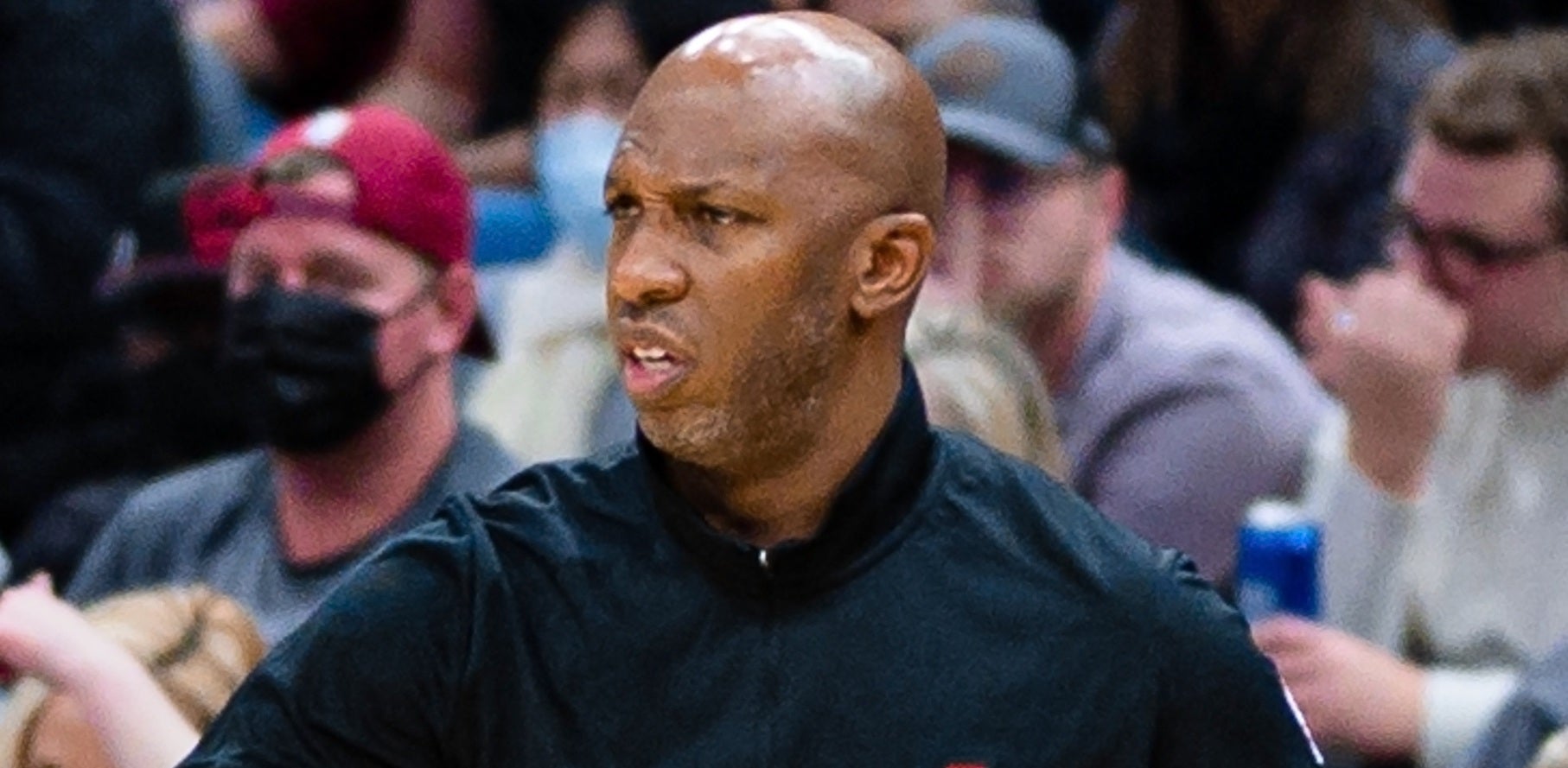Seeking restitution
The suit aims to restore more than $5 million in earnings to an unknown amount of current and former employees at the casino.
The plaintiffs accuse the casino of wrongdoing in four specific areas.
They said the casino illegally collected a tip credit, breaking the federal and state minimum wage and overtime laws without informing the workers. Certain employees were paid less than the state minimum $7.25 hourly salary but also received tips, minus the percentage withheld by the casino.
The suit goes on to state that the casino split hourly table-game dealers’ tips to them and supervisors, who earned higher salaries, who were taking paid time off.
It also says that Mount Airy rounded working hours according to employees’ clock-in and clock-out schedules. The casinos’ internal system rounds times to the closest 15-minute interval and is “substantially rigged” to result in lower payments for workers.
The final complaint says the casino miscalculated the base rate to use for overtime payment, instead using the subminimum wage they earned as opposed to the state’s minimum of $7.25, which it should have per overtime laws.
Legal history
Mount Airy spokesperson Nicole Krieger said in an email sent to The Times-Tribune on Monday that the casino does not provide comment on ongoing legal matters. Mount Airy also has not filed an official response in court.
If complaint is verified as a class-action lawsuit, it will entitle aggrieved current and former employees to add their names to the suit under their own volition.
Notably, Mak already sued a former employer. In 2012, while working as a table game trainee at Parx near Philadelphia, she accused the casino of not accommodating her epilepsy. She said that her rights that were protected by the Americans with Disabilities Act were violated after she was fired less than seven months into her employment.
She also said that a hiring manager expressed concern that she would have a seizure on the gaming floor.
A federal judge dismissed the case with prejudice, meaning that it was permanently closed, in Dec. 2013. Mak and Parx’s parent company, Greenwood Gaming and Entertainment, came to a resolution out of court.
.svg)



































